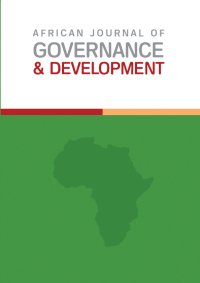Food Safety Governance in South Africa
Main Article Content
Abstract
This paper reviews public policy with a focus on food safety governance. In this study, food safety governance refers to the policy, institutions, and actors involved in forming, interpreting, implementing, and enforcing food safety policies. South Africa is faced with various food safety challenges, resulting from a fragmented governance structure. Hence, better governance of food safety is needed to facilitate effective enforcement. In this study, food safety governance and the challenges of an effective food control system were reviewed. The aim of this review is to assess and analyse the existing state of food safety governance in South Africa and highlight the need for better governance to address the identified challenges and ultimately enhance the effectiveness of food safety enforcement. The challenges that were identified included inconsistencies in the interpretation and implementation of standards and regulations, poor industry participation, poor enforcement of legislation, inefficiencies, lack of a national food safety policy, lack of coordination and cooperation among government at the national level, and lack of communication between the different departments and levels of government involved in the regulation of food safety. The fragmented government structure makes it difficult for the regulators to communicate with the broader industry. Consequently, in South Africa, there is a need to create a robust regulatory framework for food safety that is effectively communicated, fairly implemented, and enforced by the appropriate entities with the necessary training.
Article Details

This work is licensed under a Creative Commons Attribution-NonCommercial-NoDerivatives 4.0 International License.
